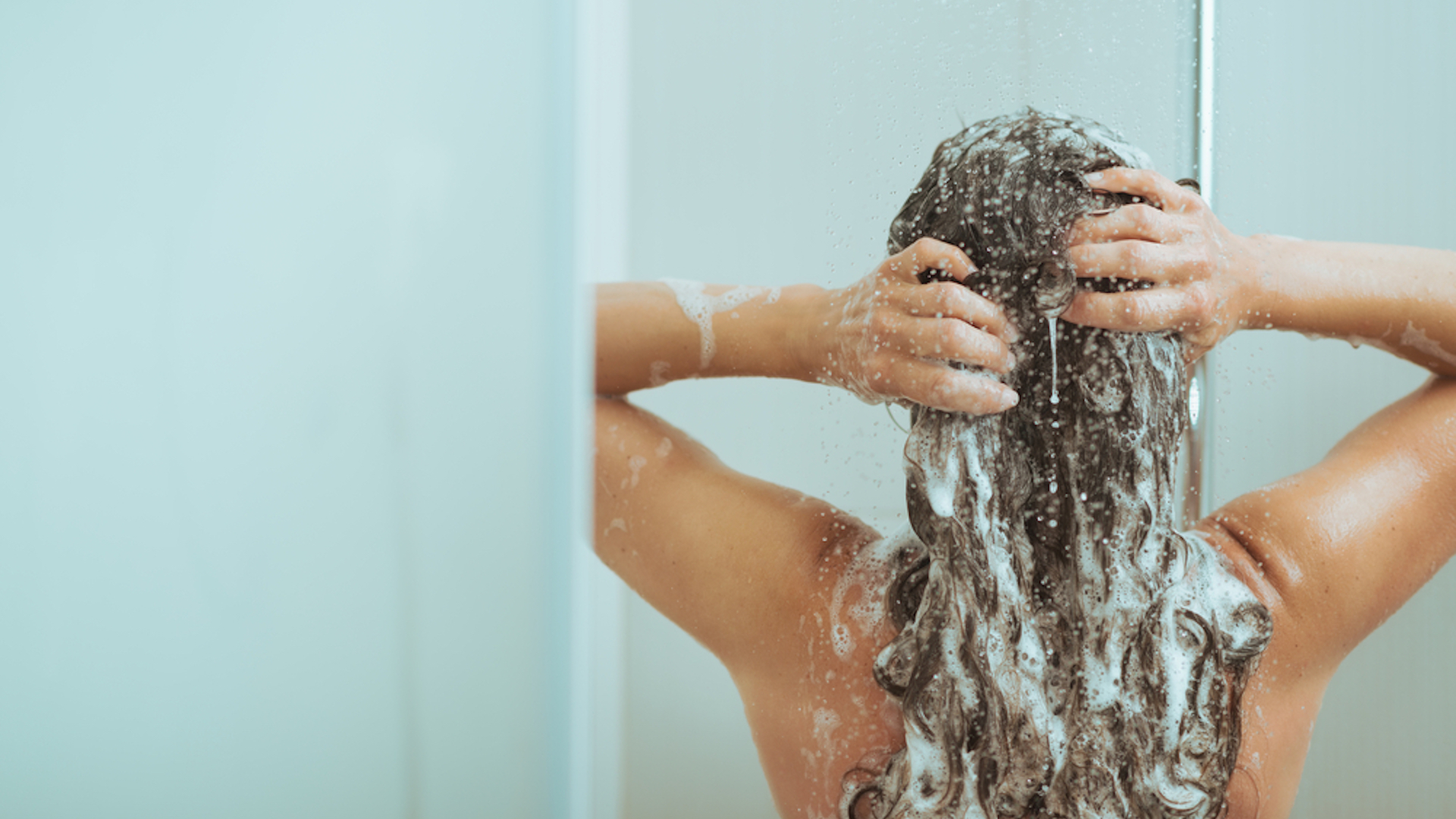Why You Should Avoid Peeing in the Shower
The Pros and Cons of Peeing in the Shower: What You Should Know
It’s a question that might make some chuckle: “Do you pee in the shower?” While it might be an awkward topic, it’s one that many people have considered or even practiced. Whether it’s a rare occurrence or a regular habit, it’s a topic that stirs curiosity. But is it a good idea? Let’s break it down.
The Environmental Angle
One of the main arguments for peeing in the shower is the environmental benefit. It’s a simple way to reduce water usage. By urinating while you’re already standing under running water, you avoid flushing the toilet, which uses several gallons of water each time. Given the increasing awareness about environmental sustainability, this can seem like an easy win for those looking to make eco-friendly choices in their daily routines.
Safety Considerations
From a medical standpoint, urologists have stated that, for most people, peeing in the shower is safe. The warm water can help relax your muscles, making it easier to go when you need to. However, there are certain health factors to consider before making it a habit.
For those with injuries, peeing in the shower might not be the best idea. If you have open wounds, urine coming into contact with them could increase the risk of infection. Urine can carry bacteria, and if you’re healing from a urinary tract infection (UTI), the higher bacteria content in your urine could lead to complications.
Shared Spaces and Hygiene
If you’re sharing a shower with others, it’s advisable to avoid urinating in it, especially if you’re unsure whether anyone has a UTI or any other infectious condition. Urine can harbor bacteria, and in some cases, it can lead to the spread of infections like MRSA, which can be transmitted through the floors of shared showers. Personal hygiene is crucial, and maintaining a clean environment benefits everyone.
The Habitual Risk
Another consideration is the potential for forming a habit that links the sound of running water with the need to urinate. For some people, this could become an automatic reflex. This may not cause harm in most cases, but for those with overactive bladders, this could lead to uncomfortable or embarrassing situations. If you tend to urinate when you hear water, it may be a good idea to empty your bladder before stepping into the shower.
The Bathtub and Hot Tub: A Different Story
While the shower might present minimal risks, the bathtub or hot tub should be avoided for urination. The stagnant water and warm environment can promote bacterial growth, which increases the risk of urinary tract infections. In these cases, peeing in these settings is not only unsanitary but also poses health risks.
Conclusion: Is Peeing in the Shower Okay?
In most situations, peeing in the shower isn’t inherently dangerous, and some might even argue it’s a practical way to save water. However, there are specific situations where it’s best to reconsider, especially for people with injuries, infections, or bladder issues. When it comes to maintaining hygiene and avoiding potential health risks, it’s important to make mindful decisions. Ultimately, whether or not you pee in the shower is a personal choice, but understanding the possible consequences can help you make the right one for you.
